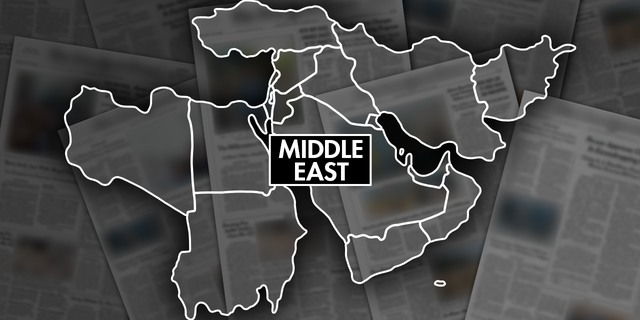The U.N. envoy for Sudan urged the country’s warring generals to honor a seven-day cease-fire starting Monday night, warning the growing ethnic dimension to the fighting risks engulfing Sudan in a prolonged conflict .
Volker Perthes told the U.N. Security Council that the conflict, which began April 15, has shown no signs of slowing down despite previous declarations of cease-fires by both sides. But he said this time they must stop the fighting so desperately needed humanitarian aid can get to those in need and civilians caught in the fighting can leave safely.
U.S. and Saudi mediators announced after a meeting in the Saudi port city of Jeddah on Saturday that representatives of the Sudanese army, led by Gen. Abdel Fattah Burhan, and the paramilitary Rapid Support Forces, led by Gen. Mohamed Hamdan Dagalo, signed off on the short-term cease-fire due to take effect at 9:45 p.m. local time in Sudan on Monday night.
US WALKS BACK CLAIM IT KILLED MAJOR AL QAEDA LEADER IN DRONE STRIKE
Suliman Baldo, director of the think tank Sudan Transparency and Policy Tracker, expects the two parties to better adhere to this weeklong cease-fire.
“I think the RSF needs the break as it has come under considerable pressure from the SAF in Khartoum seeking to flush RSF units from residential areas,” he said.
Perthes called the agreement, which is renewable, “a welcome development” but cautioned that “fighting and troop movements have continued even today, despite a commitment of both sides not to pursue military advantage before the cease-fire takes effect.”
Perthes accused both warring parties in the capital Khartoum, the vast western region of Darfur, and elsewhere of continuing the fighting and disregarding the laws of war by attacking homes, shops, places of worship, water and electricity installations.

The United Nations urged Sudan’s warring generals to honor a seven-day cease-fire that started Monday night.
“Reports of rampant looting of Sudanese homes and businesses, intimidation, harassment and enforced disappearance of residents are deeply concerning,” Perthes said, adding that U.N. premises, residences and warehouses have also been looted. He said criminal activity has been compounded by the release of thousands of prisoners and the spread of small arms.
Perthes repeatedly expressed concern about the worrying ethnic dimension to the war.
In the early 2000s, African tribes in Darfur that had long complained of discrimination rebelled against the Khartoum government, which responded with a military campaign that the International Criminal Court later said amounted to genocide. State-backed Arab militias known as the Janjaweed were accused of widespread killings, rapes and other atrocities. The Janjaweed later evolved into the Rapid Support Force.
CLICK HERE TO GET THE FOX NEWS APP
Since the fighting began, Darfur has been a battleground between the military and the paramilitary RSF.
Perthes said that in El Geneina in West Darfur clashes between the rival forces spiraled into ethnic violence on April 24, with tribal militias joining the fight and civilians taking up arms to protect themselves.
“Homes, markets and hospitals were ransacked and burned, U.N. premises looted,” he said.
Perthes said more than 450 civilians were reportedly killed and another 700 were wounded. On May 12, renewed violence reportedly led to at least another 280 deaths and tens of thousands displaced to Chad, he said.

